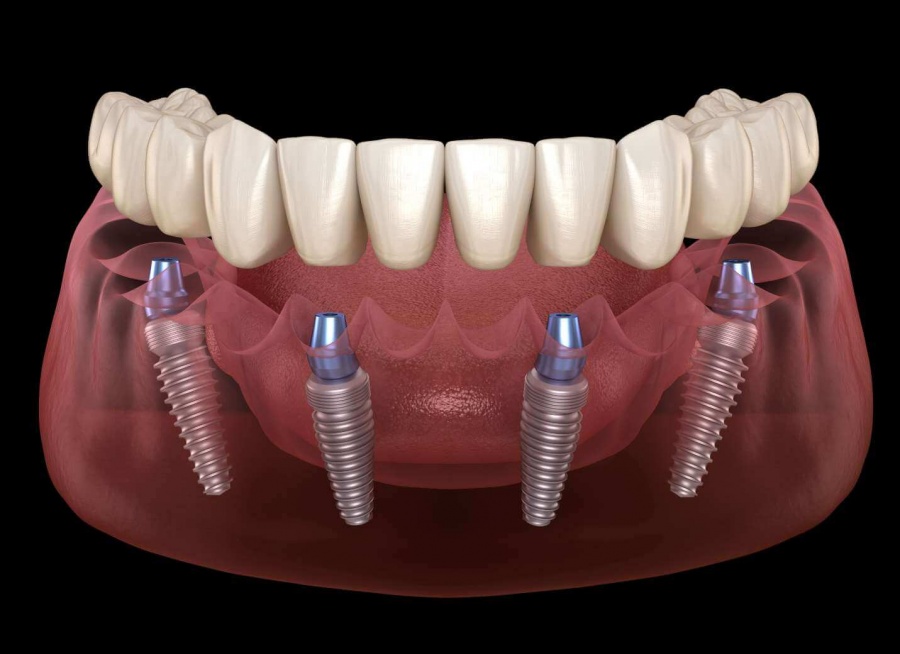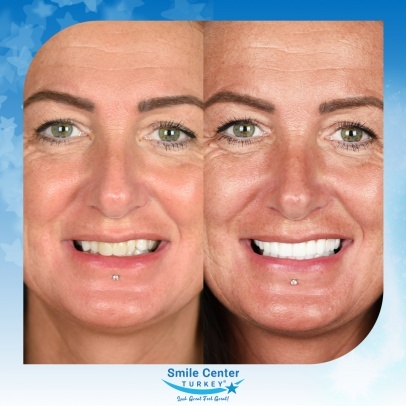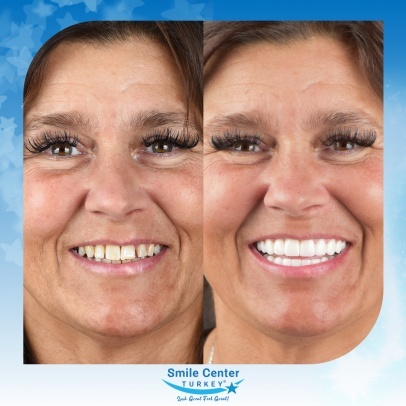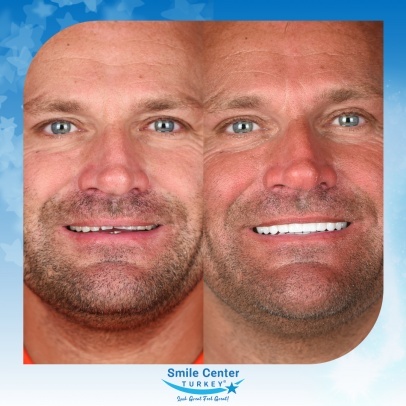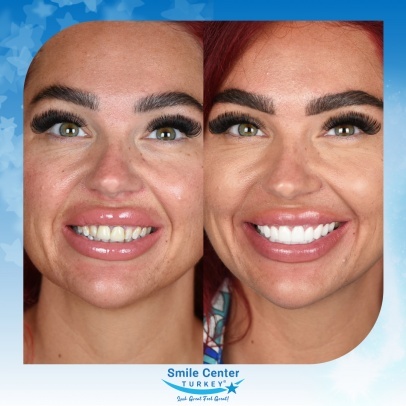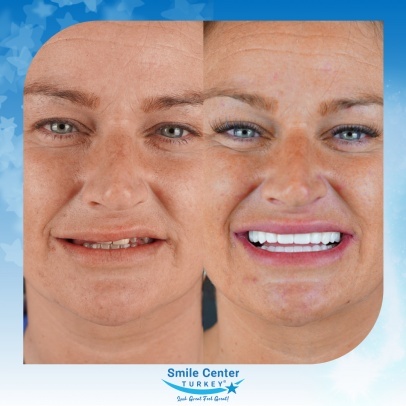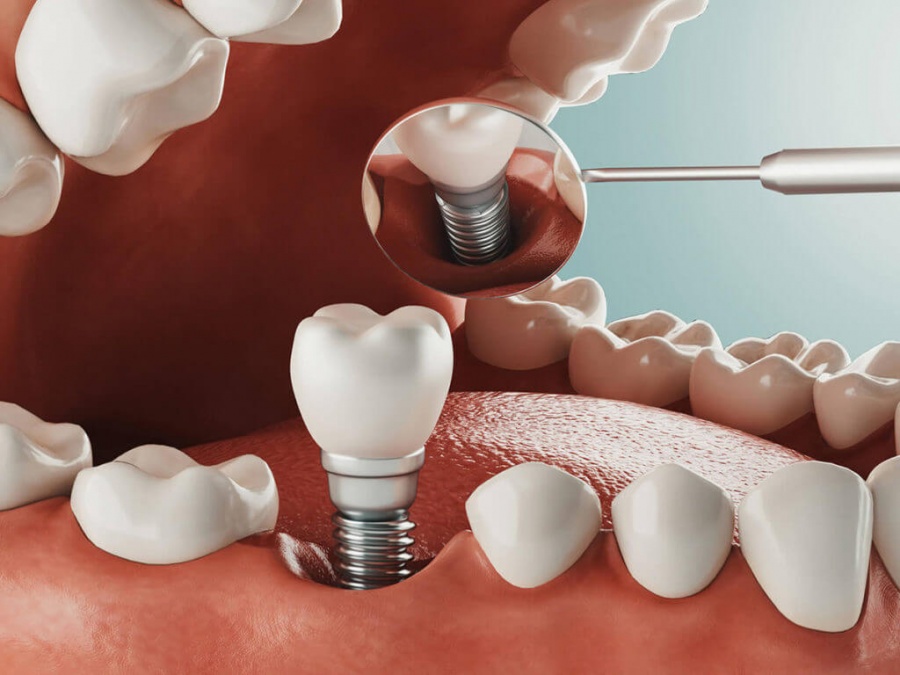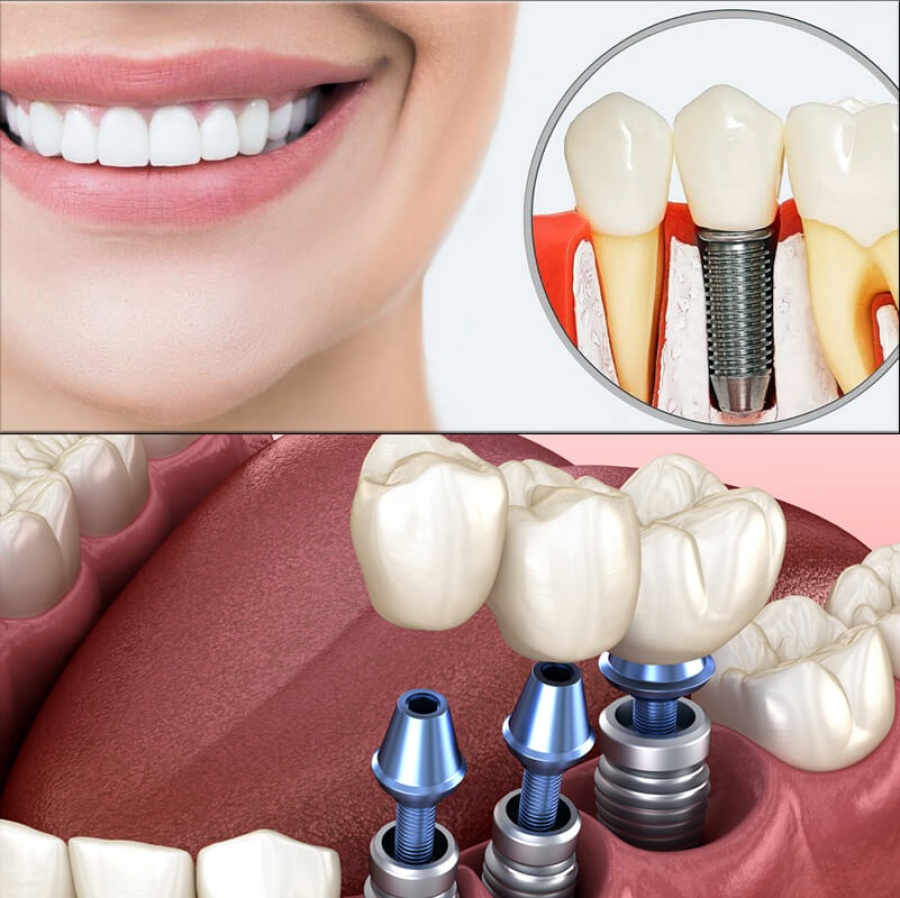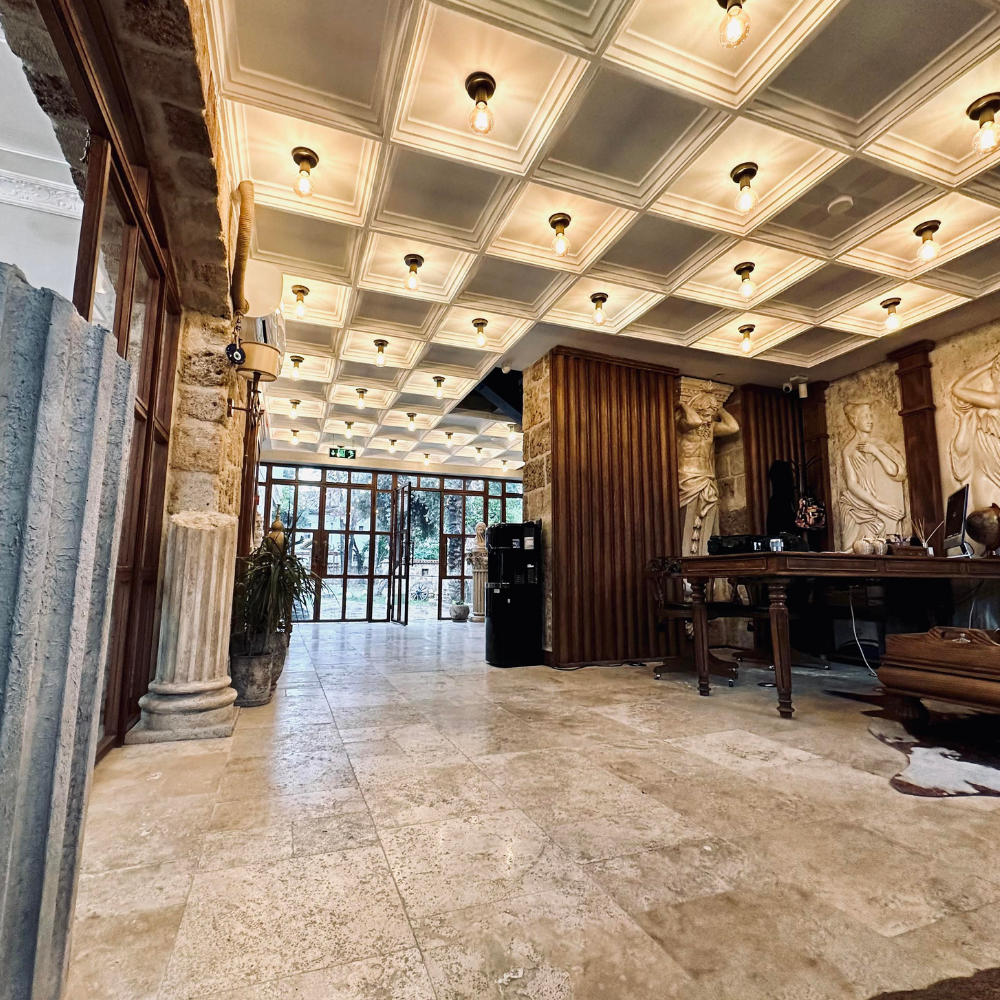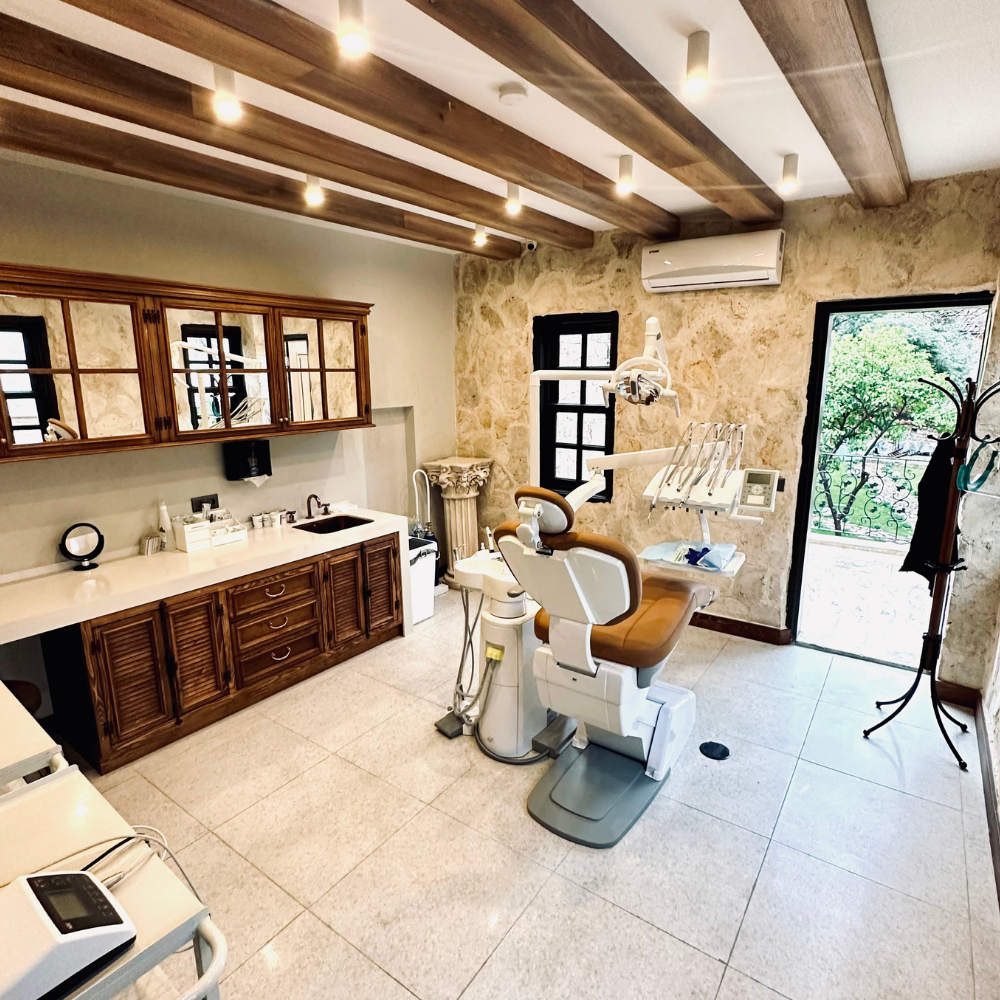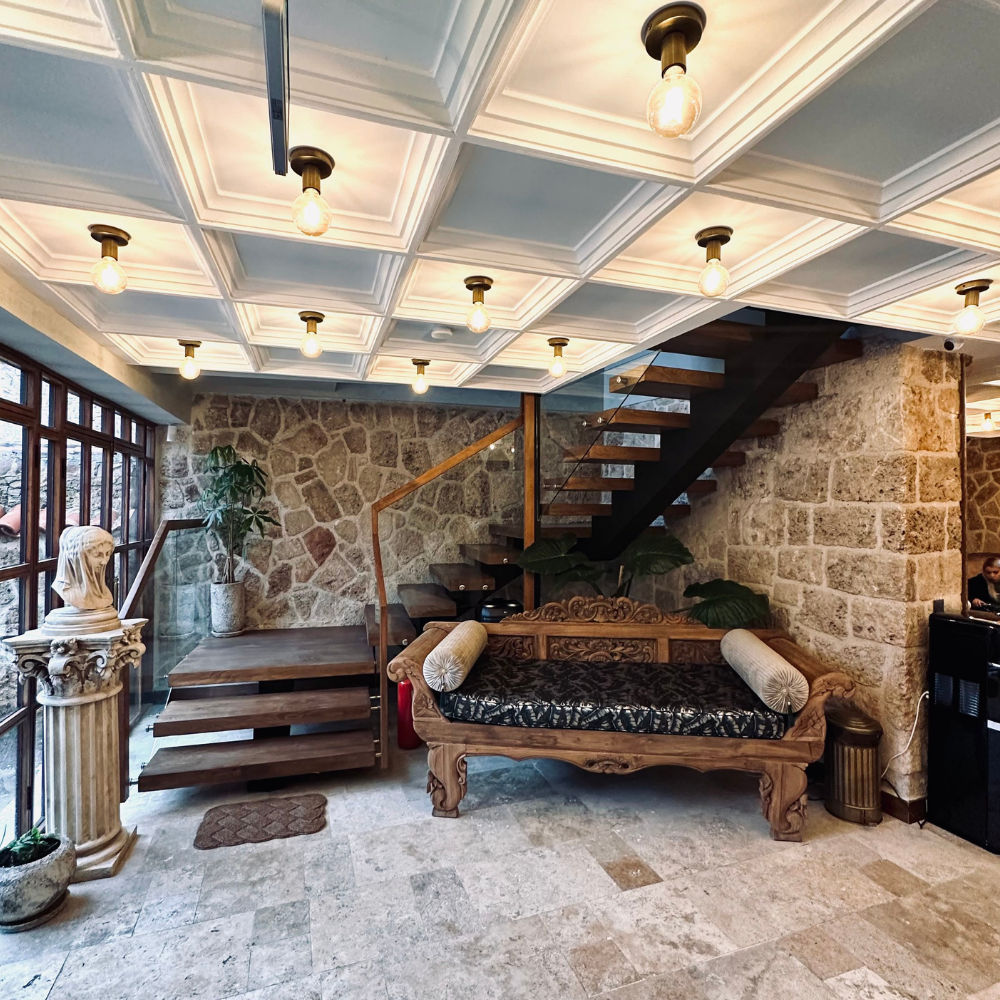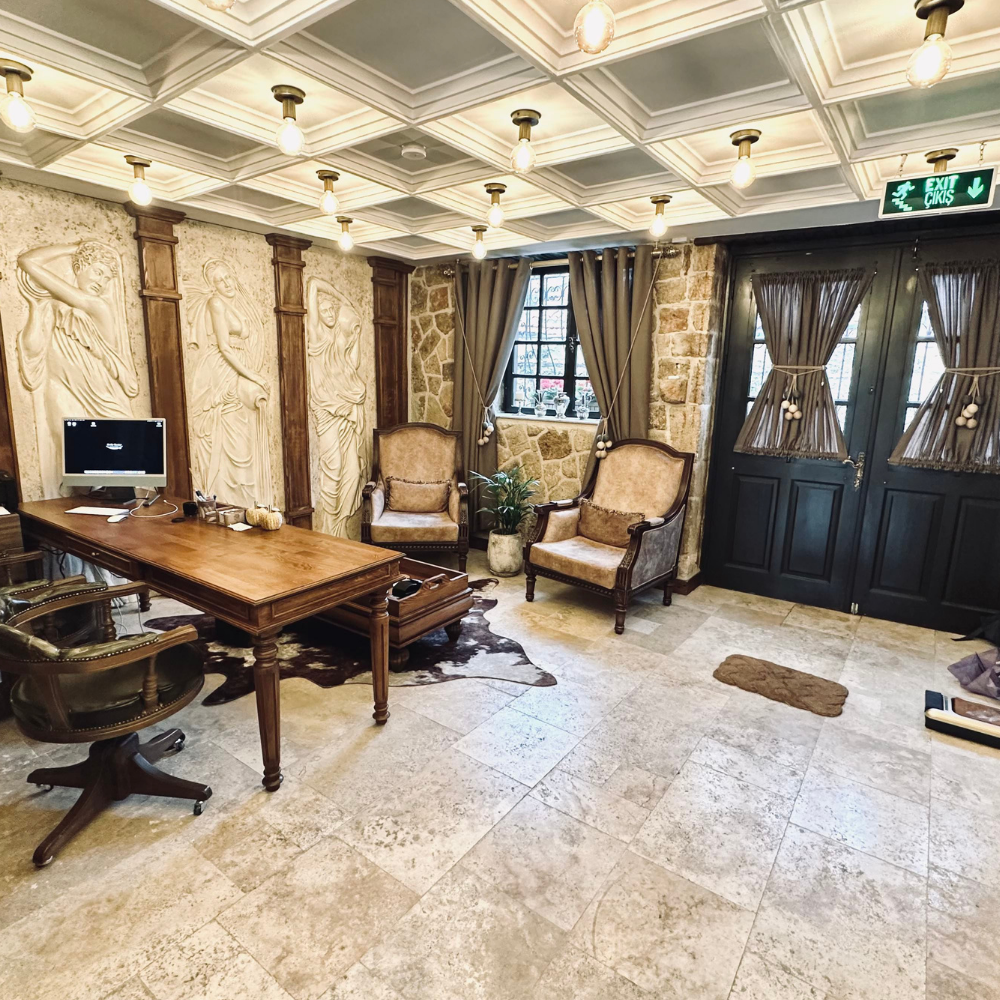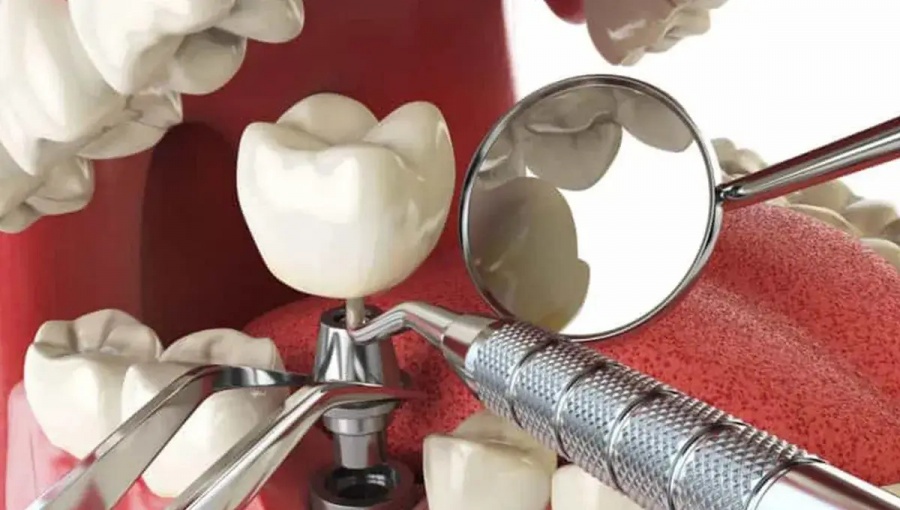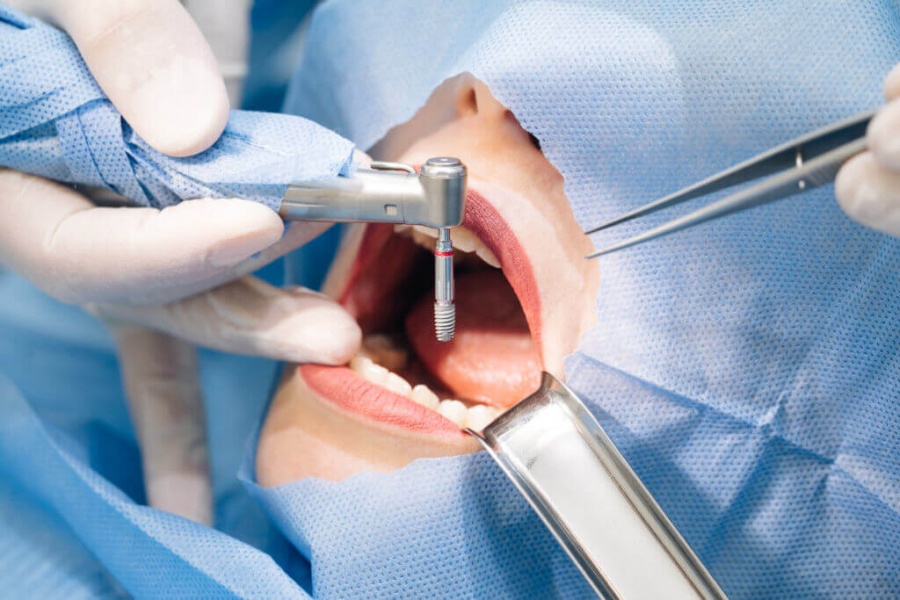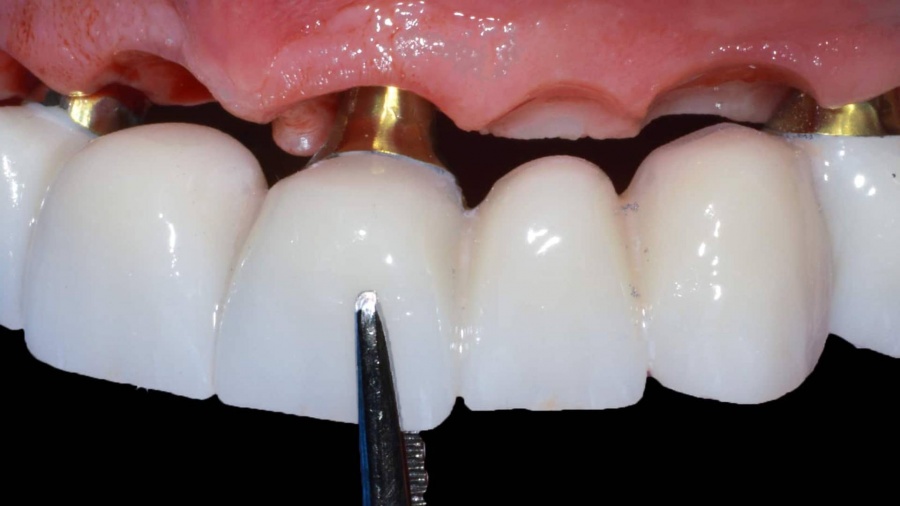Dental Implants Turkey
A dental implant is a surgical component that joins with the bone of the jaw or skull to support a dental prosthesis such as a crown, bridge, denture, or face prosthesis or to operate as an orthodontic anchor. Today's dental implants are built on the biological process known as osseointegration. This is the process through which materials such as titanium form an intimate bond with bone. A dental prosthesis can be placed to the implant fixture once it has been positioned such that it has the highest possibility of osseointegration.
Overall, the phrase "Dental Implant Turkey" refers to the method of obtaining dental implants in Turkey, which is gaining popularity due to the country's reputation for delivering high-quality dental treatment at low costs.

